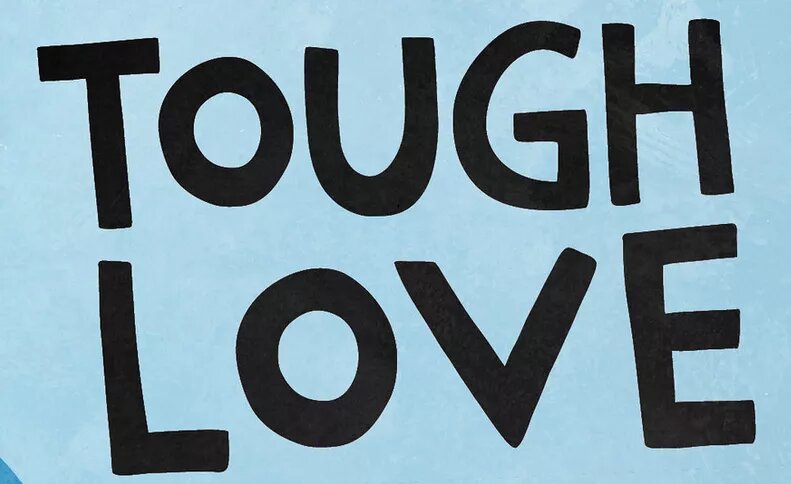
Participating in internet governance gatherings has often left me feeling both very inspired and deeply frustrated. Inspired by the energy, ideas and goodwill from volunteers, the endless patience to listen to different perspectives and to negotiate an agreed text. Frustrated because internet freedom has been declining for 8 years in a row according to Freedom House and the many multi-stakeholder initiatives are not stopping that trend.
Mass surveillance, disinformation, privacy violations and cyberattacks are exacerbating conflict and eroding trust. Not only is the internet less open and its users less free; companies and governments alike see the internet as a place for power and control. The stakes are high for these stakeholders. But as states build sophisticated surveillance ecosystems, individual empowerment is becoming a distant dream. And as private companies design for ever more profit, the public interest is squeezed. Technology is not neutral, and governance is key.
At internet governance gatherings I often meet people who are idealistic and assume shared goals. These goals usually sound something like this: ‘towards a resilient, safe and open internet, which allows people the world over to reap the benefits of digitization, while their human rights are respected’. But internet governance events tend to be self-selecting, and some of the most powerful decision-makers can opt out. While democratic governments tend to invest in the multi-stakeholder model, authoritarian regimes do not. In fact, they benefit from processes without teeth.
It is time for a serious reality check. For governance to have impact, ideals have to be implemented. The United Nations has confirmed its commitment to universal human rights online, as offline. This is of vital importance as a principle but is only truly meaningful when violators face consequences, and if the offline world is an indicator, we should not be reassured. It is high time to close the accountability gap. Whether we see personal data used to undermine democracy, cyberattacks deployed to paralyze critical infrastructure or zero-days spread to infect devices with ransomware, the perpetrators hardly ever face justice.
So it is time to move beyond declarations of Independence or of Interdependence, Magna Carta, Social Compact, New Deal or Geneva Convention Online. Soon there will be no more big words unused, while the actual impact of them will not have followed suit. Multi-stakeholder gatherings should focus less on new processes, statements, and more on results and enforcement. This will require articulating the responsibilities of various stakeholders more clearly, as well as ensuring mechanisms for compliance, oversight and accountability exist.
All this is not to say internet governance through multi-stakeholder processes should not happen, on the contrary. The internet would be a better place if it was actually be governed by the stakeholders who care to join in inclusive processes, to work towards shared declarations. In a time of zero-sum politics, they are a welcome relief, but in order to remain relevant and legitimate, it is now essential to move beyond words. The IGF is the perfect moment for a reality check and some tough love.
This article was first published (12th November 2019) online via hiig.de and is part of the publication "Critical Voices, Visions and Vectors for Internet Governance".

